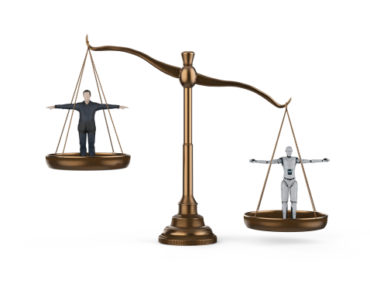AI Ethics Panel Solicits Public Comments

An international effort to promote ethical AI development is gaining momentum with the launch of an online forum where participants can contribute to a United Nations’ effort to global standards for developing ethical AI applications.
The U.N. Education, Scientific and Cultural Organization (UNESCO) is debating draft recommendations on AI ethics that will be submitted for adoption in November 2021. The “public consultation” is seeking comments and recommendations from industry and scientific groups and other stakeholders as AI and machine learning technologies enter the mainstream. The proliferation of models has raised concerns about bias and the misuse of machine automation.
The UNESCO document would represent “the first global normative instrument on the ethics of AI,” Audrey Azoulay, UNESCO’s director general, said Wednesday (July 15).
The U.N. recommendations are expected to define “shared values and principles, and identify concrete policy measures on the ethics of AI,” UNESCO said, including a framework for “research, design, development and deployment of AI systems [that account for] the well-being of humanity, the environment and sustainable development.”
A panel of 24 AI experts are producing the draft UNESCO recommendations. The advisory body operates under the framework in which “globally accepted ethical standards can play a helpful role in harmonizing AI-related legal norms across the globe, and responsible application of existing international law, if this application is in line with ethical frameworks and does not cause harm locally.”
Members of UNESCO’s Ad Hoc Expert Group on AI ethics are listed here. They included Tim Hwang, a research fellow at Georgetown University’s Center for Security and Emerging Technology, and Yi Zeng, deputy director of the Research Center for Brain-Inspired Artificial Intelligence in the Chinese Academy of Sciences.
The panel’s recommendations are expected to span issues ranging from the application of AI to self-driving vehicles to the legal implications of AI technology.
UNESCO’s AI ethics consultation website is here.
Public comments on the draft AI guidelines will be accepted until July 31, the Paris-based organization said.
Related
George Leopold has written about science and technology for more than 30 years, focusing on electronics and aerospace technology. He previously served as executive editor of Electronic Engineering Times. Leopold is the author of "Calculated Risk: The Supersonic Life and Times of Gus Grissom" (Purdue University Press, 2016).











